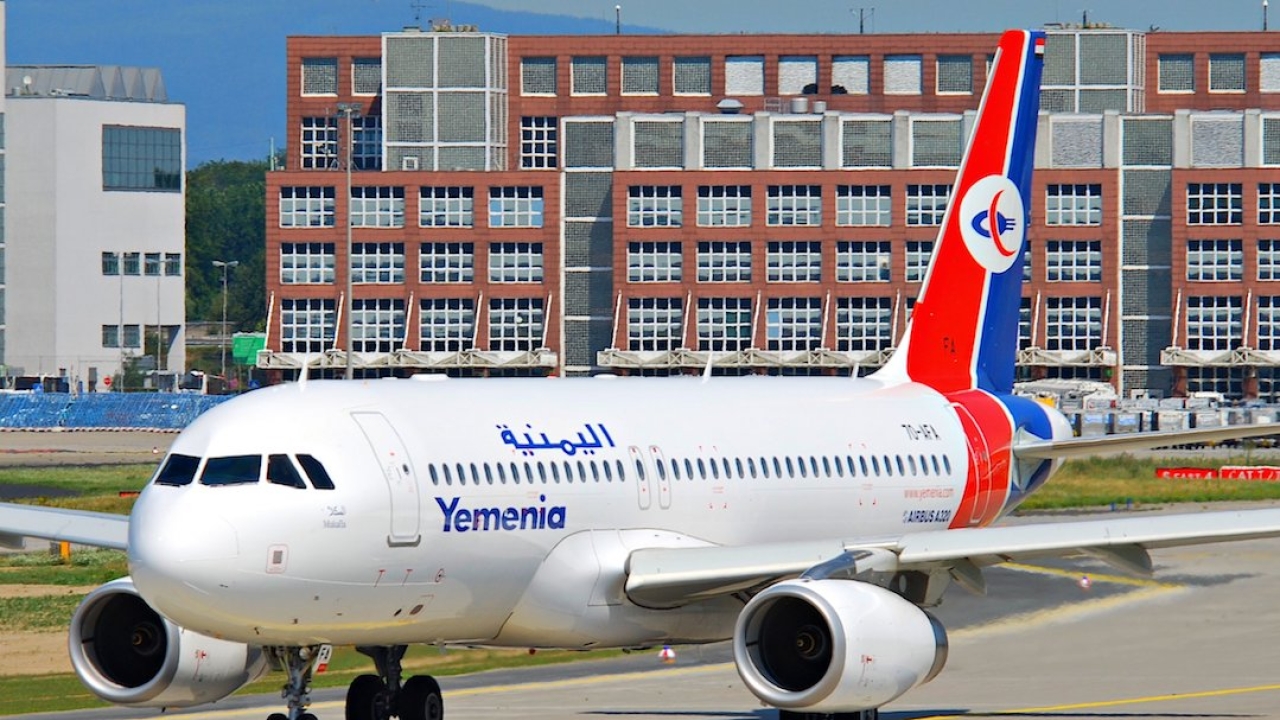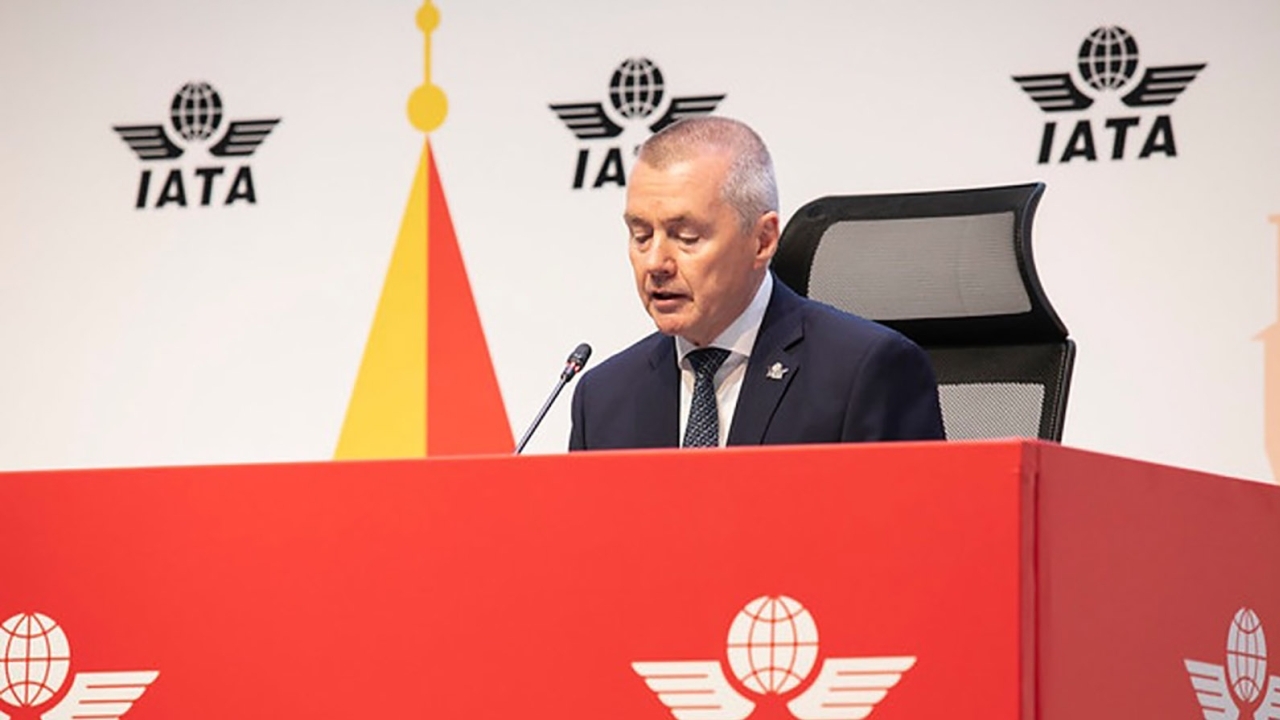Yemenia growing stronger – despite the challenges
Despite the combination of the continuing civil war and the global pandemic, Yemen’s national airline has succeeded in buying new equipment.

Doubling up: Yemenia’s fleet of two Airbus A320s has risen to four. They were joined by a new Airbus A330-200 in February 2022. Picture: Wikimedia Commons.
Remarkably, despite the continuing disruption and dislocation caused by both the country’s internal conflict and Covid-19, Yemenia has saved enough money to be able to buy – not lease – two almost-new Airbus A320s.
Manufactured in 2019 and 2021, they double the airline’s single-aisle fleet.
At the Arab Air Carriers Organization annual meeting in Doha in November, the airline was also in the process of acquiring an ex-Air Mauritius Airbus A330-200 for longer-haul sectors. The only outstanding technical requirement at that time was an engine borescope inspection, the results of which were awaited.
This latest addition to the fleet, which is replacing the airline’s elderly A310, arrived in February this year after repainting in Cairo.
The wide-body will be used on the same route network served by the single-aisle members of the fleet, said the airline’s chairman, Captain Ahmed Masood Alwani.
Yemenia is owned 51% by the Yemeni Government and 49% by its Saudi Arabian counterpart, but neither shareholder has contributed to the cost of the new aircraft, said the chairman. “Nobody is supporting us. We’re doing it from our own income.”
A side-effect of the continuing conflict in Yemen has been to funnel more travellers to Yemenia. The perceived risk of operating into the country’s airports has meant high insurance costs for foreign airlines, which has dissuaded many carriers from operating into the southern Arabian nation. This gives Yemenia an advantage in picking up traffic.
However, Alwani made it clear that it continues to operate not only as a commercial business but as a humanitarian one.
At the start of the pandemic, many Yemenis were overseas and found it difficult to return home as countries quickly closed air services. Some, for example, were in India for medical treatment and were stranded there until the airline operated empty flights to Indian airports to ferry them home. The Yemeni Government was unable or unwilling to organise the repatriation services, but Yemenia felt that it had a responsibility to bring its compatriots home.
A once-weekly round-trip to Mumbai is still in the airline’s schedules, but most sectors are understandably closer to home.
The busiest route, by far, is Cairo, which is served two to three times daily. Jeddah is another regular destination with four flights a week, followed by Amman (three per week), Khartoum and Djibouti (twice) and Riyadh (once). Socotra is served seasonally. Passengers are almost 100% Yemeni.
Additionally, the conflict means that the airline is restricted to operating at certain times of the day and permission has to be obtained to fly particular flights.
The combination of Covid and the civil war does sometimes disrupt operations. Like many airlines, Yemenia was forced to halt flights for around two months at the start of the pandemic and suspensions of anything up to two weeks can still occasionally occur. However, the airline has – remarkably – continued to survive. It is today based in Aden, on the south-west coast, and Say’un, in the centre of the country.
The airline has also had to cope with more customary operational difficulties: “We’re suffering from the cost of fuel,” said Alwani. “It’s very high, especially in Yemen.” The airline has taken measures to reduce its operating costs as a result.
The coming year offers slightly brighter prospects, said Alwani: “We have the money. We have the traffic.”
Yemen has a population of 30 million, significantly more than any other state on the Arabian Peninsula with the exception of Saudi Arabia. Although many people are unable to fly because of the conflict, they are still moving. “People move in and out of Yemen or emigrate, going to Europe etc,” explained Alwani.
The airline has the capacity to increase frequencies if necessary: “We have some capacity,” he concluded.
Stay up to date
Subscribe to the free Times Aerospace newsletter and receive the latest content every week. We'll never share your email address.


